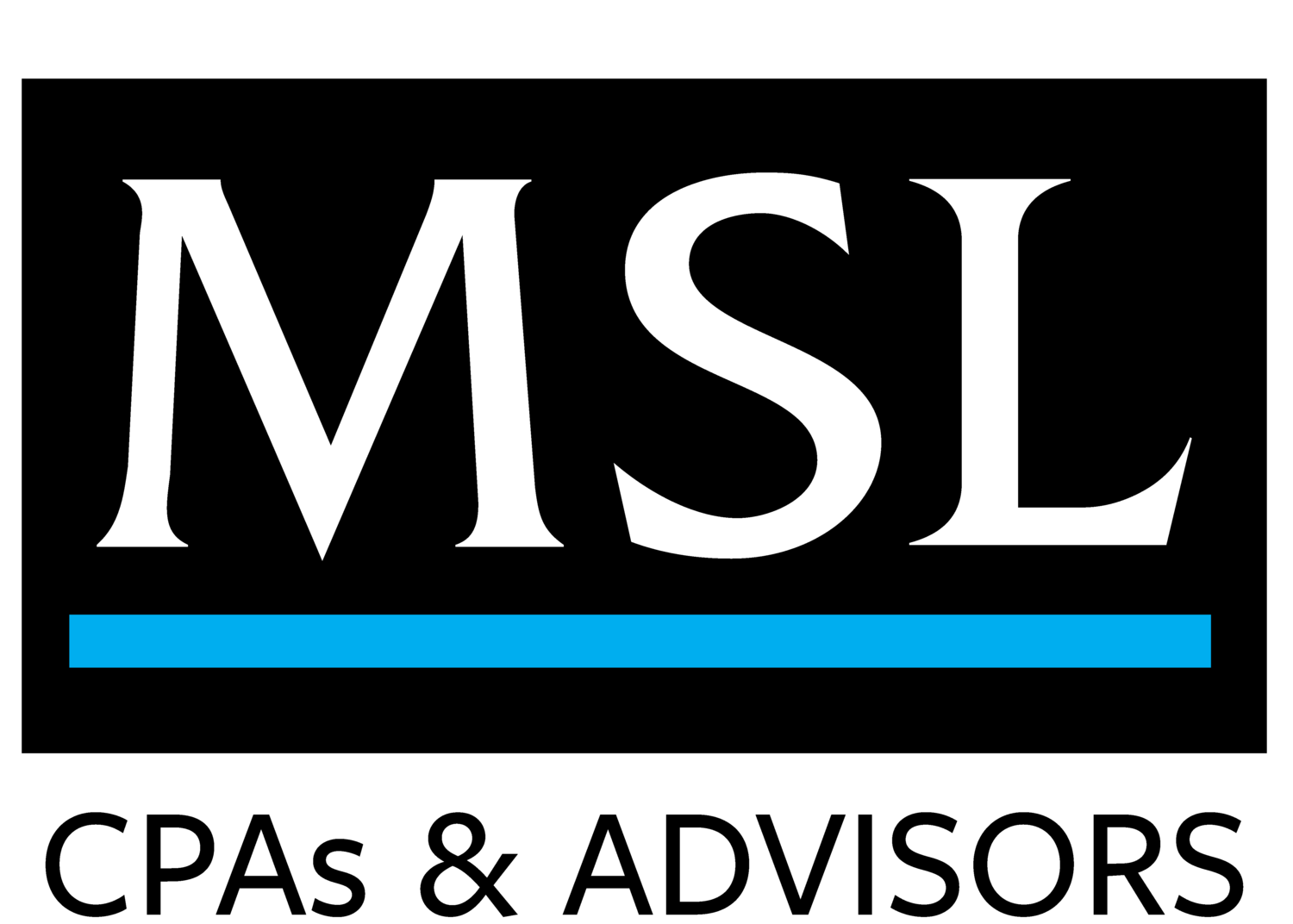2017 Business Tax Reform Update
/As you may be aware, major tax reform legislation may be passed this year and could mean sweeping changes to the tax code for the first time in about 30 years. Although the bills have only recently been proposed and the timing of their passage is uncertain, businesses should be aware of the bills that have been released.
The corporate rate cuts would be significant. The bills propose a 20% corporate tax rate for most corporations (with the Senate bill delaying the reduction to 20% until 2019). Businesses conducted as sole proprietorships, partnerships, or S corporations would be subject to a special pass-through maximum rate of 25% for business income (under the House bill) or special deduction (under the Senate bill).
There are other international tax rules significantly modified on the bills.
Below are some of the important changes on both, House and Senate tax bills, at a glance.
Business Deductions and Credits
Section 179 Expensing:
- House: For years 2018 through 2022, the expensing limitation would increase to $5 million and the phase out amount to $20 million. The new limitations would be adjusted for inflation.
- Senate: The expensing limitation would increase to $1 million and the phase out amount to $2.5 million. The new limitations would be adjusted for inflation. The bill would further expand the definition of section 179 property and the definition of qualified real property for improvements made to nonresidential real property.
Research and Development Credit:
- House: Preserved.
- Senate: Preserved.
Deductions for Income Attributable to Domestic Production Activities:
- House: Beginning in 2018, would be repealed.
- Senate: Beginning in 2019, would be repealed.
Entertainment Expenses Deductions:
- House: Beginning in 2018, would disallow deductions for entertainment, amusement, or recreation activities, facilities, or membership dues relating to such activities or other social purposes.
- Senate: Beginning in 2018, no deduction allowed generally for entertainment, amusement, or recreation; membership dues for a club organized for business, pleasure, recreation, or other social purposes; or a facility used in connection with any of the above.
NOL Deduction:
- House: Beginning in 2018, would allow a taxpayer to deduct an NOL carryover or carryback of up to 90% of the taxpayer's taxable income.
- Senate: Beginning in 2018, would limit the NOL deduction to 90% of the taxpayer's taxable income and provide that amounts carried to other years be adjusted to account for the limitation. Amounts may be carried forward indefinitely.
Corporations
Corporate Tax Rate:
- House: Beginning in 2018, 20% flat corporate tax rate; 25% flat rate for personal service corporations.
- Senate: Beginning in 2019, 20% flat corporate tax rate; eliminate the special tax for personal service corporations.
Alternative Minimum Tax:
- House:
- Beginning in 2018, would repeal alternative minimum tax.
- In general, any AMT credit carryforward would be able to be claimed as refund based on 50% of remaining credits during 2019, 2020, and 2021. For 2022, taxpayer would be able to claim a refund of all remaining credits.
- Senate:
- Beginning in 2018, would repeal the alternative minimum tax.
- In general, any AMT credit carryforward would be able to be claimed as refund based on 50% of remaining credits during 2019, 2020, and 2021. For 2022, taxpayer would be able to claim a refund of all remaining credits.
Pass-Through Entities
Pass-Through Tax Rate:
- House: Beginning in 2018, in general, 25% maximum tax rate on portion of pass-through entity distributions treated as business income.
- Senate: Beginning in 2018, generally a 17.4% deduction for qualified business income would be provided in lieu of tax rate changes. The deduction would expire after December 31, 2025.
International
Base Erosion:
- House:
- U.S. shareholders of CFCs will be subject to current U.S. taxation on 50% of "foreign high return amounts."
- New limitations on deductible net interest expense of a U.S. corporation that is a member of an "international financial reporting group".
- Excise tax of 20% imposed on certain payments made by a U.S. corporation to a related foreign corporation, unless U.S. corporation elects to treat the payments as effectively connected income.
- Payments (other than interest) that are deductible, includible in costs of goods sold, or includible in the basis of a depreciable or amortizable asset subject to the 20% excise tax.
- Senate: U.S. shareholders of CFCs subject to current U.S. taxation on "global intangible low-taxed income" (GILTI) with a deduction for foreign-derived intangible income. Basis adjustment rules for transfers of intangible property from CFCs to U.S. shareholders.
For more information about how these provisions might affect your business, please contact your Tax Team at MSL.
Kurt A. Alter, CPA
Tax Shareholder
kalter@mslcpa.com
Harry E. Harp, CPA
Tax Manager
eharp@mslcpa.com
José Esquerdo
Tax Manager
jesquerdo@mslcpa.com
Norman Neal, CPA
Tax Supervisor
nneal@mslcpa.com






